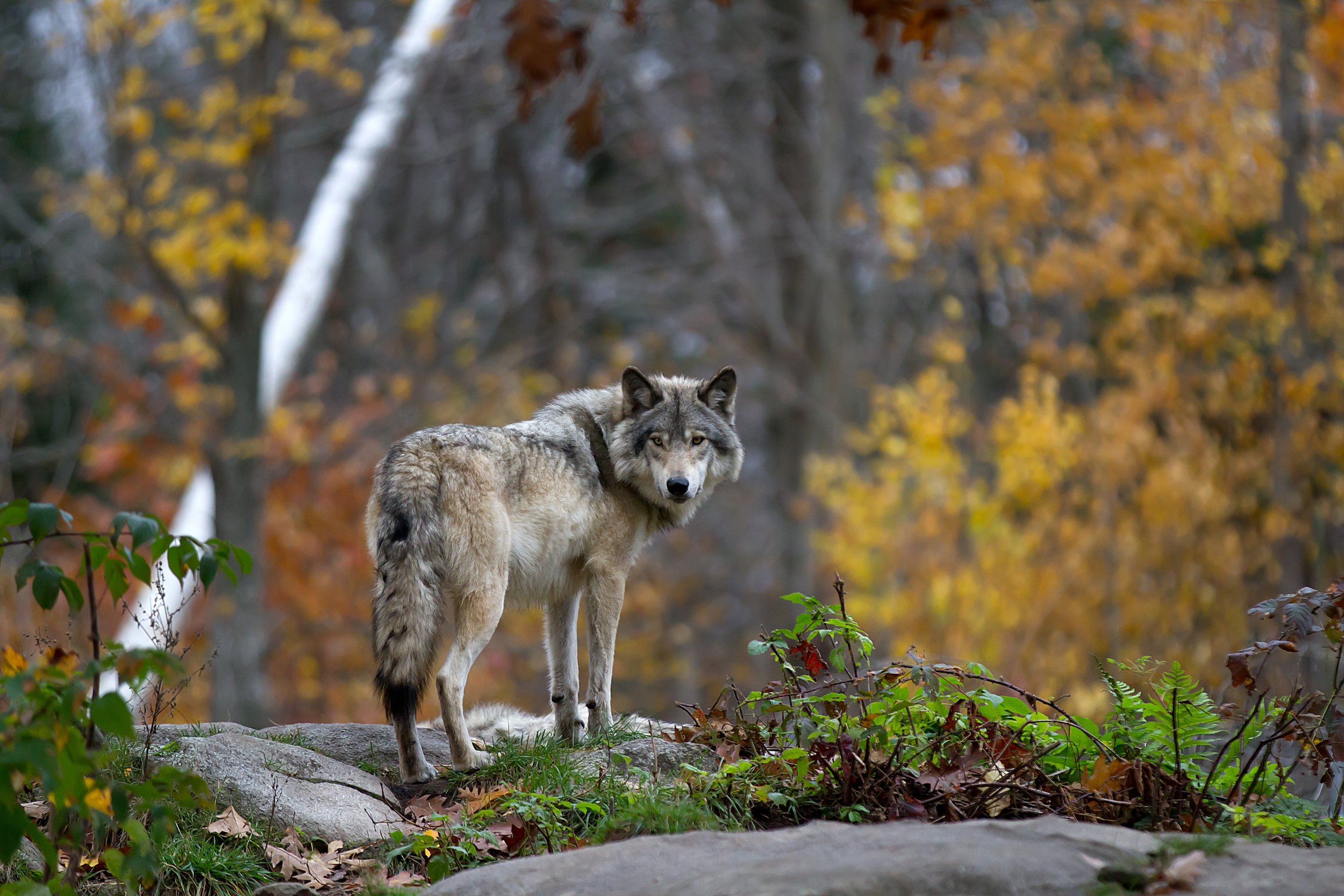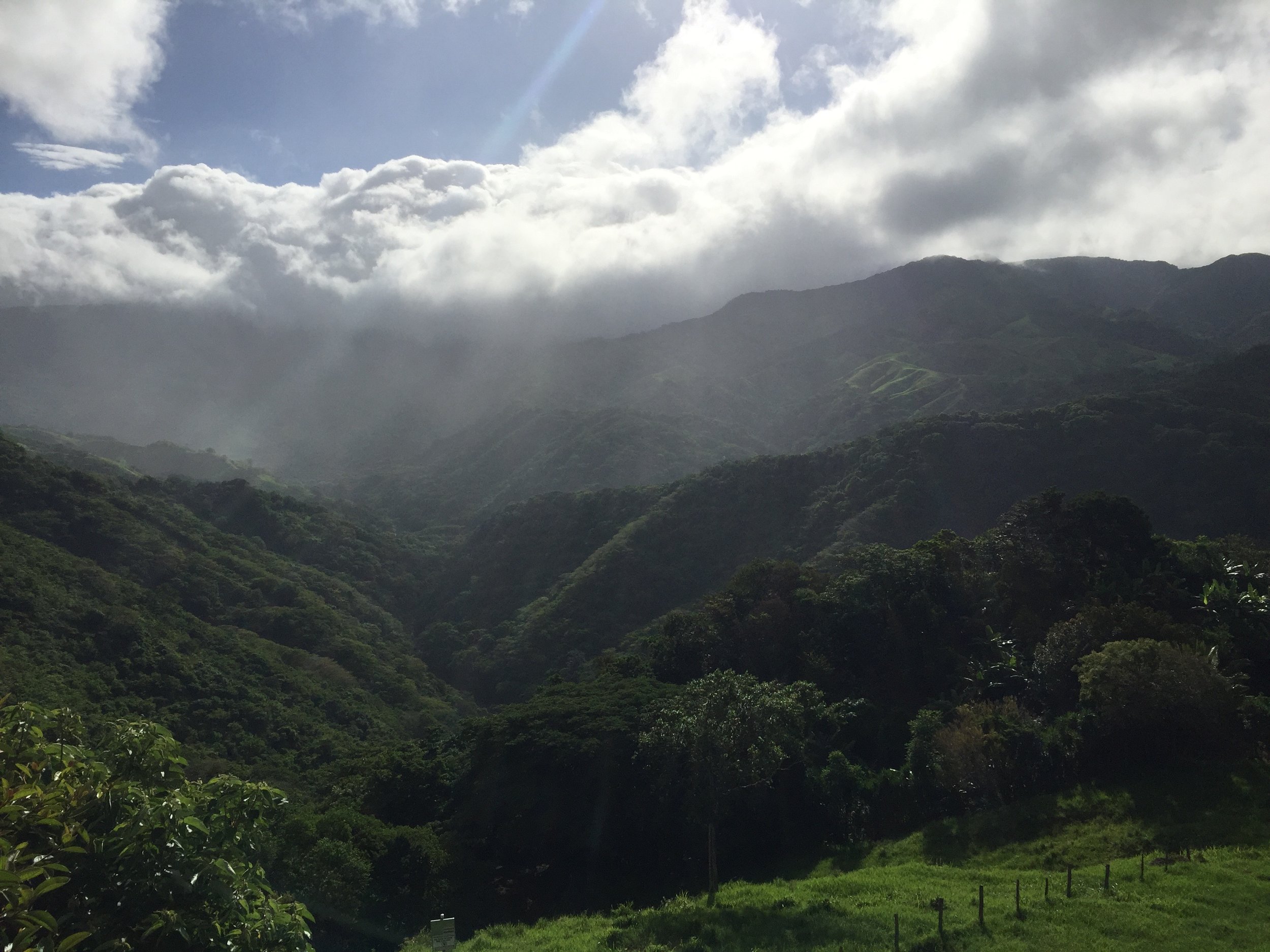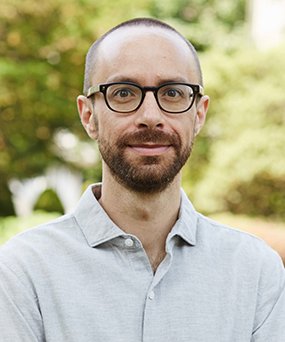
Online Program
Animals, Land, and Flourishing
“There is no human flourishing without Mother Earth flourishing.”
Animals, Land, and Flourishing is an exploration of the intricate connections between humans, non-human animals, and nature, and how promoting animal welfare and personal well-being is central to planetary health as well as the flourishing of all living beings.
The program is guided by three questions:
Why is our own and other animals’ well-being a vital dimension of flourishing and wise environmental stewardship?
What are ways to develop, deeply understand and embody interconnection?
What is the role of kinship and ethical responsibility in animal welfare?
Together we delve into the dynamic interdependence of self, animals, and Mother Earth, framed within a larger conversation about inner transformation, ethical responsibility, and well-being.
Along our journey, we build community, practice meditation, engage in vibrant discussion, and enjoy nature-centered mindful movement practices on the land as insightful (and fun) “homework” assignments.
Participants receive a free copy of Flourishing Kin: Indigenous Wisdom for Collective Well-Being
This program is perfect for those looking to enrich their understanding of interdependence, flourishing, and regenerative sustainability, express their feelings about what is happening to animals and the environment, and reconnect with nature.
A wonderful way to spend a fall month in an accessible online platform as we prepare for the winter months!
This program is supported in part by the Ronald E. Moore Visionary Teacher Fund at The Mind Body Ecology Institute.
Itinerary
4 Week Program
Tuesdays, 7:00-8:30 p.m. CST
Oct. 9, Oct. 16, Oct. 23, Oct. 30
Details
Program fee: $80 (regular). Financial support available. Please email us at info@mbei.org with requests.
Participants receive a free copy of Yuria Celidwen’s book Flourishing Kin: Indigenous Wisdom for Collective Well-Being
Registration opens summer 2025
Program will take place via Zoom link sent via registration email.
All proceeds go to support the work we do at the Mind Body Ecology Institute.
Speakers and Guides
Session Outline
-
Topics: Animals and Animal Welfare
Activities: Opening the circle, sharing stories, deep listening, interactive discussion, and introduction to nature-centered mindfulness and mindfulness meditation practices
Objective: Introduce the nuances of our interrelations with animals and the land.
-
Topics: Worldviews, values, anthropocentrism vs. ecocentrism, climate change.
Activities: Meditation, reflecting on homework, mind-body integration exercise, interactive group discussion
Objective: Awaken understanding of animal suffering and environmental degradation.
-
Topic: Flourishing and the dynamic relationship between, animals, land, and self.
Activities: Meditation practices, reflecting on homework, interactive discussion of interdependence, kinship, and ecological belonging
Objective: Develop an understanding of the various dimensions of flourishing
-
Guest Presenter: Yuria Celidwen
Topic: Developing kinship relations of mutual trust and responsibility
Activities: Meditation practices, reflecting on homework, interactive discussion of kinship and ecological belonging
Objective: Broadening worldview, mindsets, and ways of being nature
-
Activities: Meditation practice, reflecting on homework, personal ecological stewardship plan development, group vision-sharing, closing the circle
Objective: Envision actionable steps towards becoming eco advocates, eco leaders, and wise environmental stewards
Supplementary Material
These materials are not mandatory, but you may enjoy a deeper dive into the ideas and practices.
Animal Meditations, Seasons 1-4.
Dave Aftandilian, Barbara R. Ambros, Aaron S. Gross, eds. Animals and Religion.
Guy Armstrong, “You Don’t Exist. But You Actually Do. Wait, What?” 10% Happier Podcast, 270.
Rochelle Calvert, Healing with Nature: Mindfulness and Somatic Practices to Heal from Trauma.
Yuria Celidwen, “Indigenous Wisdom,” Mind and Life Institute Podcast, Oct. 21, 2022.
Yuria Celidwen, Why We Need Indigenous Wisdom, Mind and Life Institute, Insights.
Yuria Celidwen and Dacher Keltner, “Kin Relationality and Ecological Belonging: A cultural psychology of Indigenous transcendence,” Frontiers in Psychology 14 (2023).
Yuria Celidwen, Flourishing Kin: Indigenous Foundations for Collective Well-being, forthcoming November 2024
Dekila Chungyalpa, “Mother Wisdom: Learning to Embody Interdependence,” Mind and Life Institute, Insights.
Condon, Paul, “Nurturing a Relational Mindset,” Mind and Life Insights.
Shaun Gallagher, “Dislocating the Self.”
Thich Nhat Hanh, Zen and the Art of Saving the Planet.
Robin Wall Kimmerer, Braiding Sweetgrass: Indigenous Wisdom, Scientific Knowledge, and the Teachings of Plants.
Patty Krawec, Becoming Kin: An Indigenous Call to Unforgetting the Past and Reimagining Our Future.
Shelbi Nahwilet Meissner, “Climate Crisis as Relational Crisis: Centering Indigenous Feminist Conceptions of Responsibility in Environmental Discourse,” Feminist Philosophy Quarterly, 10.1/2 (2024).
Jyoti Mishra, “Mindfulness and the Climate Crisis,” Mind and Life Institute, Insights (2023).
Naima Penniman, “Mama Nature told me,” naimainfinity video.
T. N. Ray, Scott A. Franz, Nicole L. Jarrett, Scott M. Pickett, “Nature Enhanced Meditation: Effects on Mindfulness, Connectedness to Nature, and Pro-Environmental Behavior,” Environment and Behavior 53 (2021), 864–890.
Anita L. Sanchez, The Four-Sacred Gifts: Indigenous Wisdom for Modern Times (2017).
Jeff Sebo, Saving Animals, Saving the Planet.
Daniel Wildcat, Indigenuity: Learning the Lessons of Mother Earth (2023).
Daniel Wildcat, Red Alert: Saving the Planet with Indigenous Knowledge (2009)
C. Wolwode, N. Schäpke, O. Bine, S. Vecianaz, I. Kunze, O. Parodi, P. Schweizer-Ries, C. Wamsler, “Inner Transformation to Sustainability as a Deep Leverage Point: Fostering New Avenues for Change through Dialogue and Reflection,” Sustainability Science 16 (2021), 841–858.







